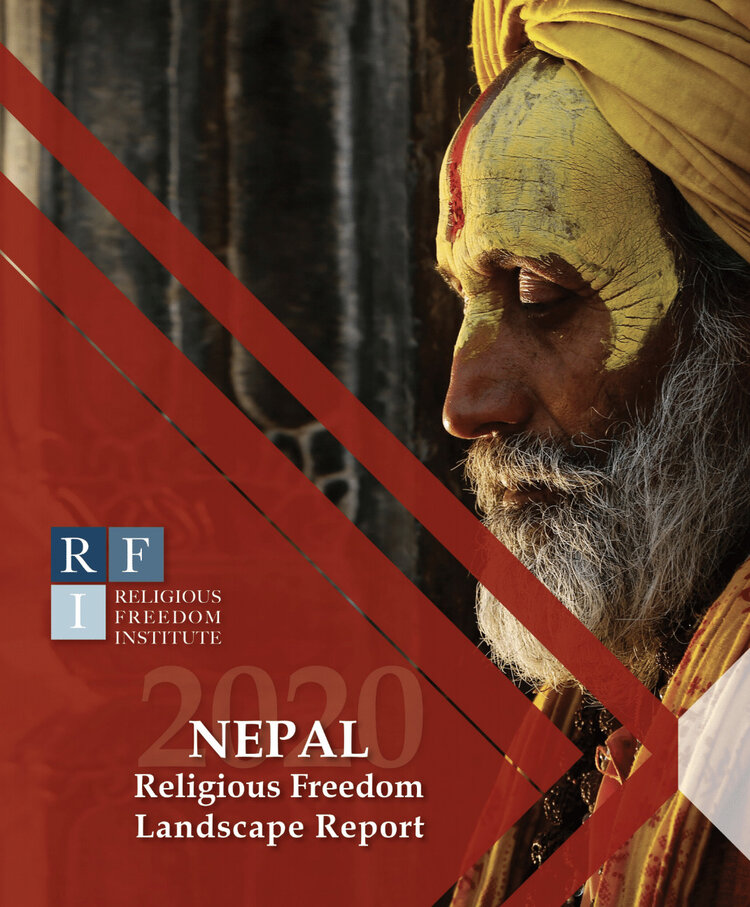
Title: Nepal Religious Freedom Landscape Report
Author: Timothy S. Shah
About: The Nepal Religious Freedom Landscape Report provides a thorough analysis of the legal, political, and social conditions that shape religious freedom in this country and the prospects for advancing it in the future.
While governed for centuries by a monarchy that favored Hinduism, Nepal today is a self-declared “secular” republic with a constitution that expressly protects religious freedom. Since the People’s Movement brought an end to the country’s absolute monarch in 1990, Nepal has demonstrated a growing acceptance of international human rights standards, to include those related to religious freedom.
Alongside greater political and religious openness, however, are several developments that pose serious challenges to religious and political freedom in Nepal. On the crucial principles of religious equality and religious freedom, what the Nepali Constitution gives with one hand it appears to take away with the other. Though Nepal’s Constitution is confessedly secular and does not formally establish or privilege Hinduism (or any religion) as the state religion, it idiosyncratically defines secularism as a double-edged principle. This principle includes both the obligation to protect Nepal’s traditional religion and culture (presumably Hinduism) and respect for religious and cultural freedoms.
Publication Date: September 2020
Recommended Citation: Shah, Timothy S. Nepal Religious Freedom Landscape Report. Religious Freedom Institute, 2020.
THE RFI BLOG

Is Egypt’s Government Trying To Take Over Christianity’s Most Important Monastery?

Does Southeast Asia Lead the World in Human Flourishing?

RFI Leads Training Session on Religious Freedom Law and Policy for U.S. Army War College

Oral Argument in Charter School Case Highlights Unconstitutional Motives Behind OK Attorney General’s Establishment Clause Claim

Largest Longitudinal Study of Human Flourishing Ever Shows Religion’s Importance
CORNERSTONE FORUM

Reaffirming Religious Freedom: Bridging U.S. Advocacy and Iraq’s Constitutional Framework

Political Polarization, Same-Sex Marriage and Religious Liberty

Bridging the Gap Between International Efforts and Local Realities: Advancing Religious Freedom in the MENA Region

Challenges to Religious Freedom in Iraq and the Critical Need for Action

